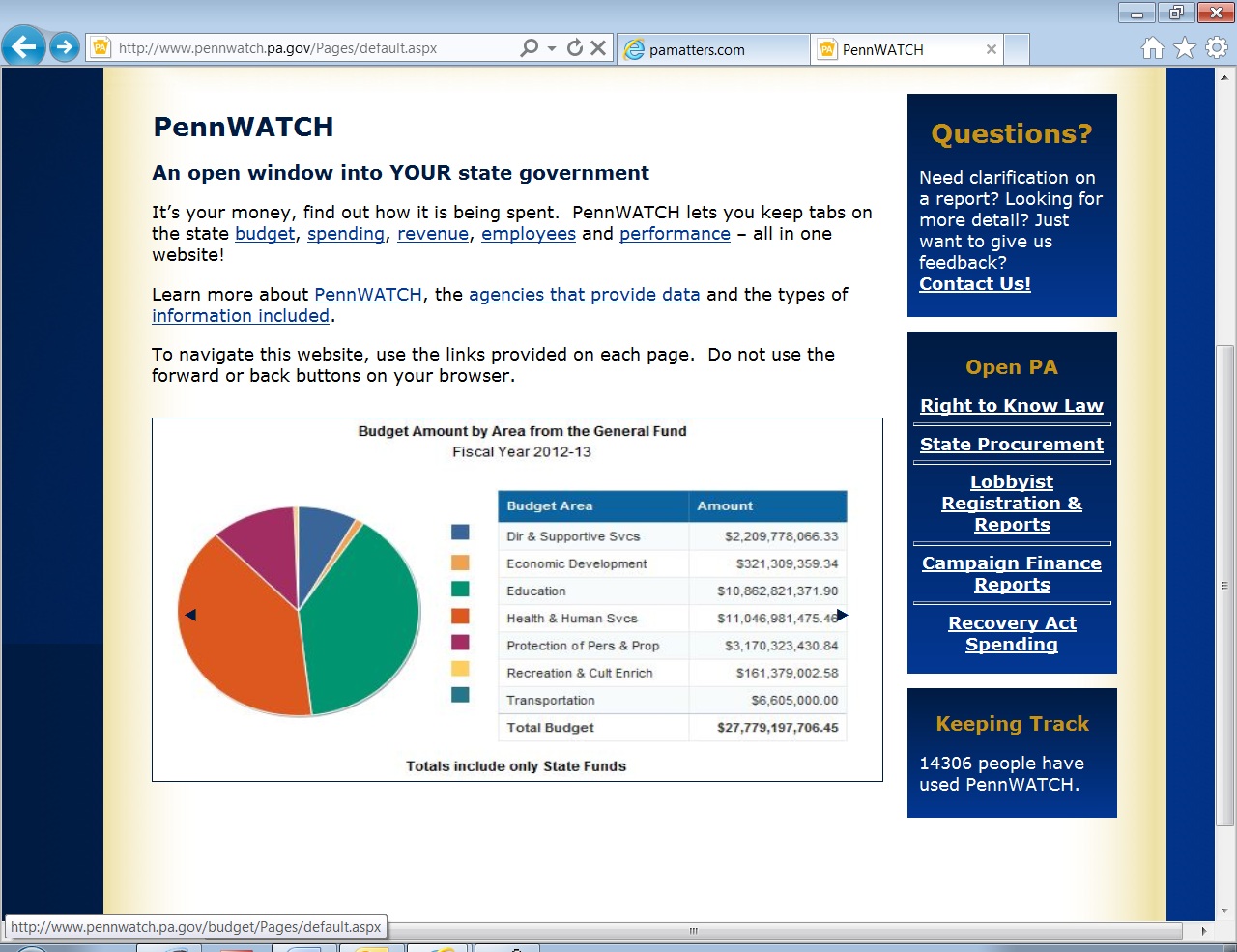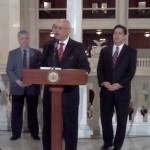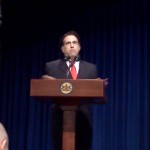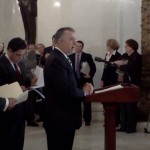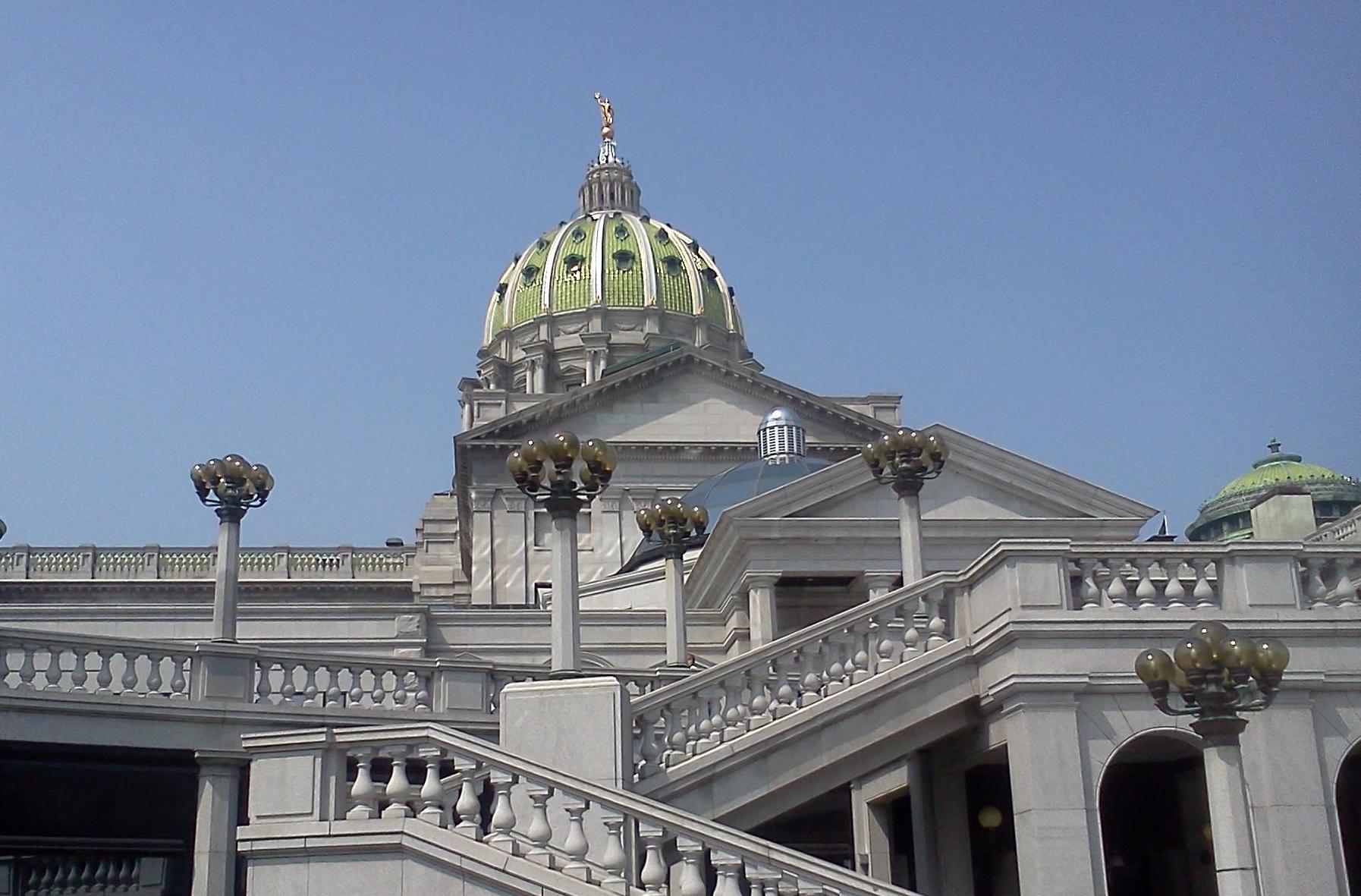Should Family Businesses Pay the “Death Tax”?
Family farms are now exempt from the Pennsylvania inheritance tax under a new state law enacted last year. Now there appears to be bipartisan support for doing the same thing for family businesses. “When we tax these assets in a small business… at the death of one of the principle owners, oftentimes what happens… is critical business assets have to be liquidated in order to pay the tax bill,” explains state Rep. Stephen Bloom (R-Cumberland), the prime sponsor of a bill to eliminate the so-called death tax on mom & pop shops.
Bloom’s bill has already advanced out of the House Finance Committee with a vote of 20 – 4, and has since been re-referred to the Appropriations Committee.
While the bill would nix close to $10-million dollars in state revenue, Bloom believes the economic activity it would create can more than make up for the cost. “We want to reward our folks who’ve been frugal and generated assets and are growing jobs in this state we don’t want to punish them.”
Opponents have several complaints in addition to the lack of offsetting revenue. The Pennsylvania Budget & Policy Center believes the bill would create a new set of inequities and loopholes, thereby shifting more of the state’s tax burden onto middle-class families.
The House has recessed for three weeks of budget hearings. Session is scheduled to resume on March 11th.



